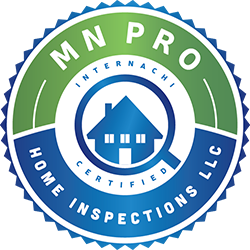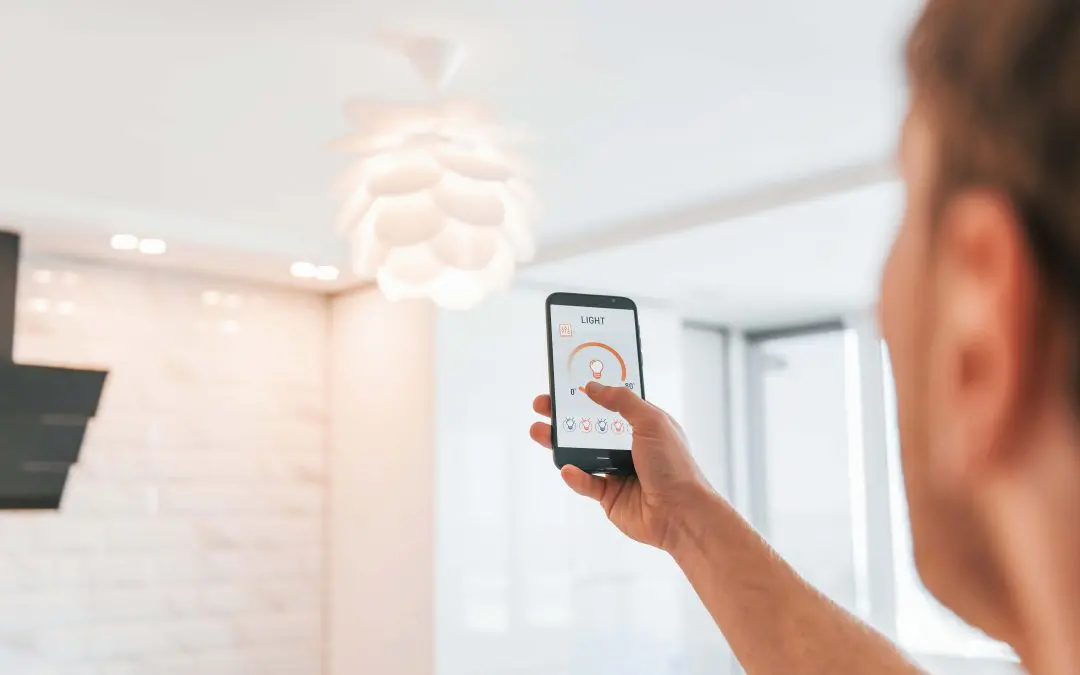It’s easy to think of smart home features as mere gadgets, but the latest advancements in home technology are fundamentally changing how we live, save energy, and manage our properties. Strategic upgrades will increase efficiency, security, and long-term property value. Adopting a mindset that embraces smart solutions is key to future-proofing your most significant investment and making your daily life simpler and more intuitive.
Unlocking Efficiency with Smart Home Technology
The area where home technology delivers the quickest and most significant return on investment is in energy efficiency. Smart devices are now sophisticated enough to learn your living patterns and optimize your energy consumption automatically, often paying for themselves through lower utility bills. Smart thermostats are the cornerstone of this efficiency. These devices learn your preferences over time, sense when you are away from the house using geolocation, and adjust temperatures accordingly. Some will integrate with your local weather forecast to anticipate heating and cooling needs.
Beyond temperature, smart lighting systems offer granular control over energy use. Using occupancy sensors, scheduled dimming, and daylight harvesting, these systems ensure lights are never left on unnecessarily or burning brighter than needed. Furthermore, modern appliances now communicate with central energy management platforms and sometimes with utility providers to run energy-intensive tasks, such as washing clothes or charging devices, during off-peak hours when electricity rates are lower, significantly reducing your monthly operating costs without any change to your routine.
Enhancing Security and Safety with Home Technology
One of the primary motivations for homeowners to adopt new home technology is the enhanced level of security and peace of mind it provides. Today’s connected systems offer comprehensive protection that is always on, easily customized, and always accessible via your smartphone or tablet. Smart cameras offer high-definition streaming and recording, often using artificial intelligence to distinguish between pets, people, and vehicles, which significantly reduces false alerts. Smart locks allow you to grant temporary, keyless access to visitors or service providers and monitor every entry and exit remotely. This level of granular control over access points makes managing your property, whether you’re home or thousands of miles away, remarkably simple and secure.
Safety extends beyond intrusion. Smart smoke and carbon monoxide detectors not only alert you to hazards with loud alarms but will also pinpoint the exact location of the danger. Crucially, water leak sensors could be placed near appliances and in basements. These small, inexpensive devices provide an early warning of plumbing failures, often shutting off the main water supply automatically to prevent minor drips from becoming catastrophic flood damage.
The Role of Connectivity and Centralized Control
The true power of modern home technology lies in its seamless connectivity. No longer do you need a dozen different apps for a dozen different devices. Centralized control platforms and robust whole-home networks bring everything together into one cohesive system. Central smart hubs act as the “brain” of your home, allowing different brands and types of devices to communicate with each other using unified protocols. This integration enables sophisticated automations: when the security system disarms, the system can automatically adjust the lighting, open the blinds, and turn on morning music.
None of these systems work reliably without a robust, fast network. Investing in high-speed internet and a strong whole-home Wi-Fi mesh network is the necessary foundation for all technology upgrades. A stable, wide-reaching network prevents frustrating dropped connections and guarantees all your security, efficiency, and entertainment systems respond instantly and reliably, making your smart home truly dependable.
Increasing Property Value with Home Technology
Finally, for homeowners planning to sell, modern home technology is increasingly moving from a luxury feature to an expected standard. Buyers are looking for houses that are efficient, secure, and ready for the future. A well-documented, professionally installed suite of smart features, especially energy-saving components like advanced HVAC controls or integrated solar monitoring, boosts your home’s marketability and appraisal value. By embracing strategic upgrades in home technology, you are investing in the long-term desirability and financial stability of your property, securing a modern advantage in the competitive real estate market.
Frequently Asked Questions (FAQs)
Is smart home technology too complicated for non-technical homeowners?
Not anymore. Most modern home technology systems are designed for easy, guided setup and simple management through intuitive, user-friendly smartphone apps. Once configured, they often run automatically in the background, requiring minimal intervention.
Do I need to replace all my existing systems at once to start?
Absolutely not. You can start small, perhaps with a smart thermostat or a few security cameras, and gradually add compatible devices over time.
Is there a risk of hackers or privacy invasion with smart home devices?
Security is a top priority for reputable manufacturers. While risks exist, you will mitigate them by using strong, unique passwords for your Wi-Fi network and smart devices, enabling two-factor authentication, and regularly updating your device firmware for the latest security patches.
What is the most cost-effective upgrade?
A smart thermostat is often cited as the most cost-effective first upgrade. Its ability to learn your routine and optimize energy usage could lead to noticeable savings on utility bills relatively quickly.
MN Pro Home Inspections offers home inspections in the Twin Cities of Minnesota. Contact us to request an appointment.

